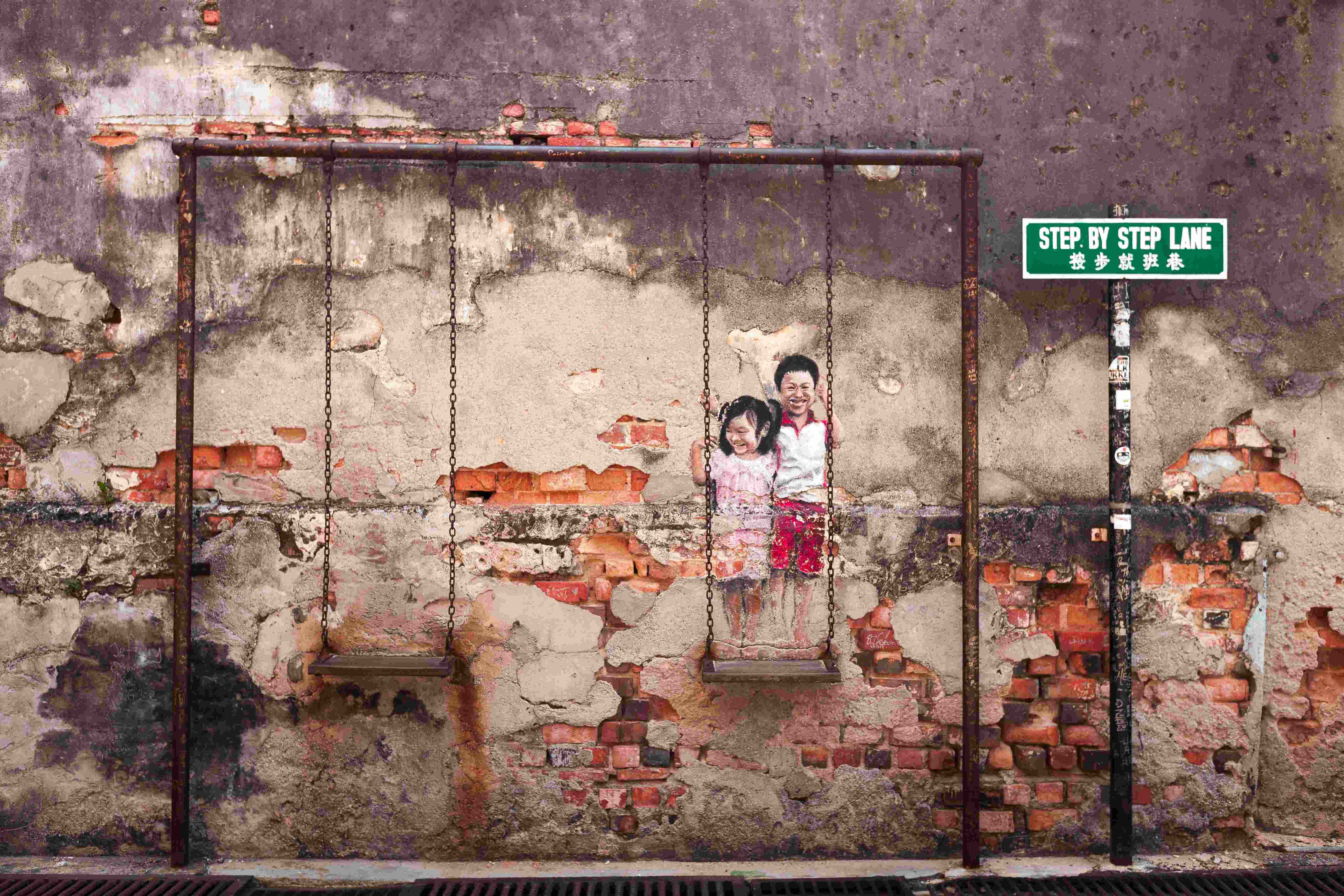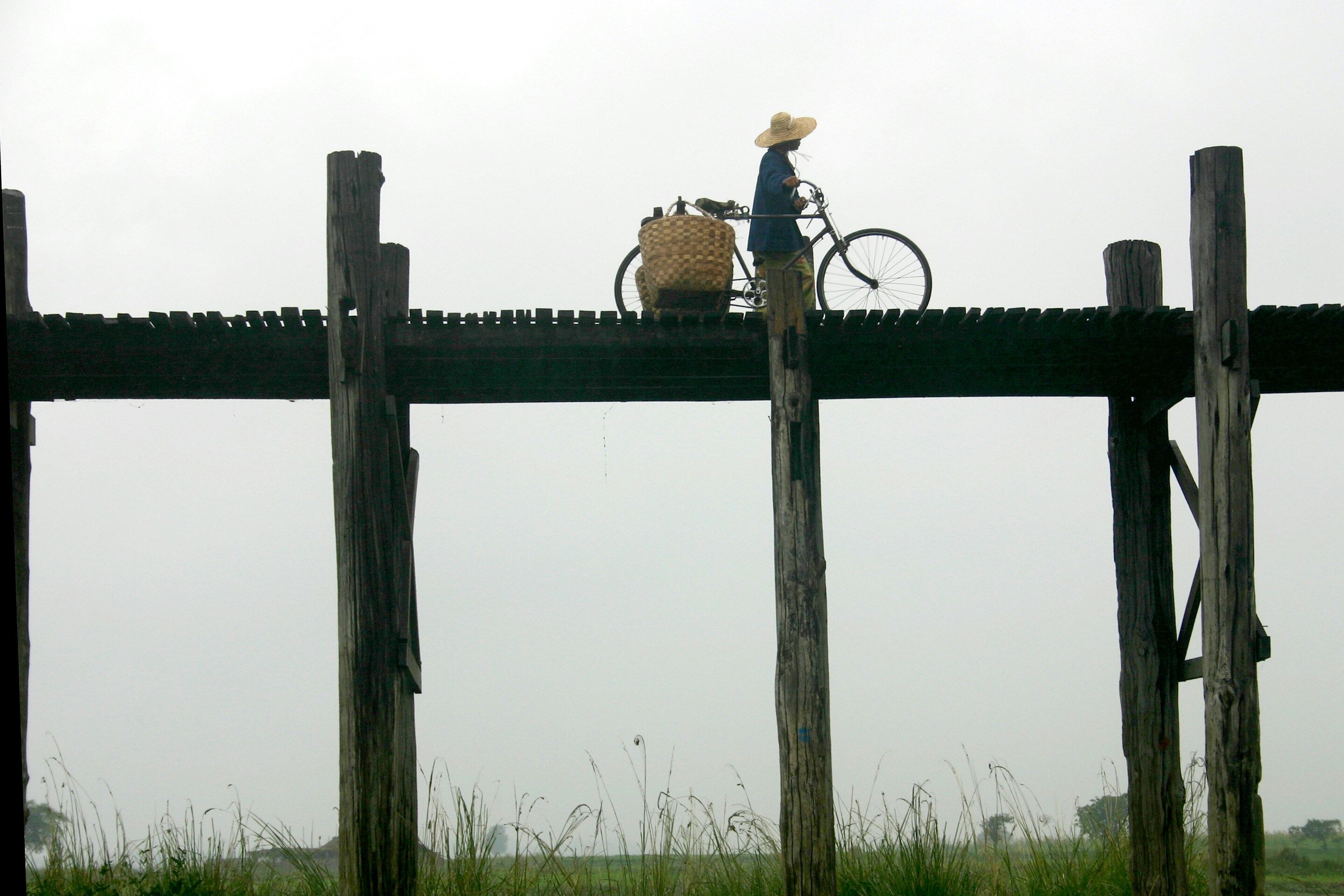Living abroad is an adventure that promises new experiences, challenges, and a chance to broaden your horizons. Moving abroad involves preparation and navigating various challenges, but it’s also an opportunity to immerse yourself in a different culture, learn a new language, and try foods you’ve never encountered before. Whether you’re an expat, a travel enthusiast, or a global nomad, moving to a new country can be both exciting and daunting. You may find yourself navigating unfamiliar customs or adjusting to a different pace of life. However, it also offers the chance to make lifelong friendships and gain unique perspectives. This guide will help you understand what to expect and how to adapt to your new life, providing tips on everything from finding accommodation to dealing with homesickness. Embrace the adventure, and you’ll discover the world has much to offer.
The Fascination with Expat Life
Living abroad is a dream for many. It’s not just about discovering new places; it’s about immersing yourself in a different lifestyle and culture and embracing the unknown with open arms. But what exactly makes this such an appealing notion?
Firstly, there’s the allure of experiencing new cultures firsthand. Imagine tasting the diverse cuisines, understanding the traditions that shape societies, and interacting with people whose perspectives broaden your own. Each country offers a unique blend of experiences that can ignite curiosity and inspire understanding. Whether wandering through bustling markets in Marrakech, attending a tea ceremony in Kyoto, or celebrating festivals in the streets of Rio, the cultural exposure is limitless.
There’s also personal growth that comes from stepping out of your comfort zone and learning to thrive in unfamiliar settings. Navigating day-to-day life in a new language, adapting to different social norms, and solving problems in unexpected ways contribute to a deeper understanding of yourself. This process builds resilience, confidence, and a worldly perspective that is invaluable.
Finally, there’s the opportunity to meet new people and forge connections across the globe. These relationships often become a support system, enriching your life in ways you never imagined, especially within the expat community. Sharing stories, celebrating milestones, and offering mutual support with a diverse group of friends can foster a sense of belonging and create a global network of cherished connections. Living abroad not only expands your horizons but also deepens your understanding of the world and your place within it.
Preparing for Your Move

Research and Planning
Preparing for a move to a new country requires careful research and planning. It’s essential to understand the culture, customs, and way of life in your host country to ensure a smooth transition. Start by researching the cost of living, housing options, and job opportunities in your new location. You should also look into the local healthcare system, education options, and transportation infrastructure.
Additionally, consider the logistics of your move, such as obtaining a visa, finding a place to live, and arranging for transportation. Make a checklist of tasks to complete before your move, including notifying your bank and credit card company, transferring your driver’s license, and registering with the local authorities.
It’s also crucial to research the local culture and customs to avoid cultural shock. Learn about the local etiquette, traditions, and values to ensure you fit in and make a good impression. You can find plenty of information online, or consider consulting with expats who have already made the move.
Understanding Cultural Differences
One of the most significant challenges of moving to a new country is navigating the vast cultural differences you'll encounter. From language barriers and subtle nuances in social etiquette to differing work habits and leisure activities, the way of life in your host country can differ remarkably from what you’re accustomed to experiencing back home. This diversity can be both exciting and daunting as you settle into your new environment.
To effectively manage these differences, it’s crucial to approach them with an open mind and a willingness to learn. Take the time to observe and adapt to local customs and norms, as these can often provide valuable insights into the culture and values of your new community. Attend cultural events, participate in local festivals, and engage actively in community activities to gain a deeper understanding of your new surroundings and to connect with others. Building relationships and learning from locals can enrich your experience immensely.
Remember, it’s okay to make mistakes along the way—it’s all part of the learning process! Each misstep is an opportunity to grow and better understand the beautiful complexity of the culture you’re immersing yourself in. With patience, curiosity, and perseverance, your adaptation journey can become a rewarding adventure that broadens your horizons and enriches your life.
Finding Your New Home Away from Home

Finding a place to live is a top priority when settling into expat life. The right home sets the foundation for your new life abroad, so it’s essential to choose wisely. Start by understanding the local real estate market and rental processes, which can vary significantly from one country to another. This involves familiarizing yourself with common terms, typical lease agreements, and any legal considerations you need to be aware of.
Research different neighborhoods to find one that suits your lifestyle and budget. Look into the area's reputation, safety, and community vibe, as these will impact your daily experience. Consider factors such as proximity to work, public transportation, amenities like grocery stores and parks, and access to health care services. It's also worthwhile to check out the local schools if you have children, as well as recreational activities available in the vicinity.
Don’t hesitate to seek help from local real estate agents or online platforms designed for expats, as they can offer invaluable insights and assistance. These professionals are often well-versed in helping newcomers navigate the complexities of the housing market and can provide guidance tailored to your specific needs. Online forums or expat communities can also be beneficial, offering first-hand experiences and recommendations from others who have gone through the same process.
Practical Considerations
Healthcare and Insurance
When moving to a new country, it’s essential to consider your healthcare options. Research the local healthcare system, including the quality of care, availability of medical facilities, and cost of treatment. You may also want to consider purchasing health insurance that covers you in your host country.
Make sure you have all the necessary vaccinations before your move, and consider consulting with your doctor to discuss any health concerns. You should also research the local pharmacies and medical facilities to ensure you have access to the medication and care you need.
In addition to healthcare, consider other practical aspects of your move, such as finding a place to live, arranging for utilities, and setting up a bank account. You may also want to research the local transportation options, including public transportation and driving requirements.
Integrating into Your New Community
Building a social network and making new friends is vital for a fulfilling life abroad. Connecting with others not only helps combat loneliness but also enriches your experience in your new country by offering diverse perspectives and support. The bonds you form can become a crucial part of your daily life, providing comfort and companionship.
Joining clubs, organizations, or social groups is a great way to meet people with similar interests, such as language exchange meetups, book clubs, or sports teams. These activities create opportunities for shared experiences and mutual learning, which can deepen connections. Volunteering can also provide a sense of purpose and belonging, giving you a chance to contribute to the community while developing meaningful relationships.
Don’t forget to interact with locals as well—this not only helps you gain valuable insights into the culture but also allows you to build lasting friendships that transcend cultural barriers. Engaging with the local community can enhance your understanding of the customs and traditions, making your stay abroad more rewarding.
Navigating Local Customs and Traditions

Around the world, each country has its own set of unique customs and traditions that can be fascinating to learn about. These cultural elements not only shape the identity of a place but also influence how people interact with one another on a daily basis. They encompass everything from language, clothing, food, and music to ceremonies and rituals that have been passed down through generations.
To truly immerse yourself in local customs, take the time to attend festivals and celebrations that highlight the cultural richness of the area. These events often offer a vibrant display of local music, dance, and cuisine, providing an authentic glimpse into the community's way of life. Additionally, engage with locals to learn about their customs and participate in traditional activities, which might include anything from crafting sessions to regional sports.
Demonstrating respect for these cultural practices will not only endear you to the community but also significantly enhance your understanding and appreciation of your new home. Whether it's through sharing a meal, learning a dance, or simply listening to stories, embracing these experiences can lead to meaningful connections and a deeper sense of belonging.
Overcoming Language Barriers
Language can be a significant hurdle when living abroad, but it's also an incredible opportunity to expand your skill set and enrich your experiences. Learning the local language opens doors to better communication and deeper connections with the community around you. It can enhance your personal and professional life, allowing you to engage more fully in cultural activities and build meaningful relationships.
Start by enrolling in language classes, which provide structured learning and access to knowledgeable instructors. Alternatively, consider using language-learning apps designed to fit into your busy schedule, offering interactive lessons and quizzes to build your skills progressively. Practicing with native speakers is invaluable, so don't shy away from conversations, even if you're not fluent. Engaging with locals can offer practical language use in real-world situations, helping you gain confidence and fluency.
Patience and persistence are key—language learning is a gradual process that requires dedication. Celebrate small victories and milestones along the way. Immersing yourself in the language through media, such as watching movies, listening to music, or reading books in the target language, can also enhance your understanding and retention. Embrace the journey of language learning as a rewarding adventure that broadens your horizons and connects you to a new world.
Crafting a New Lifestyle
Adapting to a new culture means crafting a lifestyle that combines the best of both worlds. It's about blending your customs with those of your host country to create a balanced and fulfilling life.
Identify aspects of your previous lifestyle that you want to maintain and find ways to incorporate them into your new routine. Simultaneously, be open to adopting new habits and traditions that enrich your daily life. This integration is what makes living abroad such a rewarding experience.
Managing the Emotional Rollercoaster of Culture Shock

Living abroad can evoke a range of emotions—from exhilaration to homesickness. It's natural to feel overwhelmed at times, but managing these emotions is crucial for a successful transition.
Stay connected with loved ones through regular calls or video chats. Journaling is an excellent way to process your experiences and emotions. Seek support from fellow expats who understand the challenges you're facing.
The Importance of Flexibility
Flexibility is your greatest ally when adapting to life in a new country. Unexpected challenges will arise, and being able to adapt is essential for overcoming them.
Approach each situation with a problem-solving mindset, and don't be afraid to seek help when needed. Flexibility also means being open to change and growth as you settle into your new environment.
Building a Support Network
Creating a reliable support network is vital for a smooth transition. Whether it’s fellow expats, colleagues, or locals, being part of an expat community makes a world of difference.
Attend expat meetups and social gatherings to connect with others in similar situations. Building friendships takes time, but the effort is well worth it.
Staying Connected to Home
Maintaining Ties to Your Home Country
Moving to a new country can be a significant change, and it’s essential to maintain ties to your home country to avoid feelings of disconnection. Stay in touch with family and friends through regular phone calls, video chats, and social media.
Consider joining expat communities or online forums to connect with others who share similar experiences. You can also maintain ties to your home country by celebrating holidays and traditions, cooking traditional meals, and staying up-to-date with local news and events.
Additionally, consider keeping important documents, such as your birth certificate, passport, and driver’s license, in a safe and accessible location. You may also want to research ways to stay connected to your home country’s culture, such as attending cultural events or joining a cultural organization.
By maintaining ties to your home country, you can reduce feelings of homesickness and culture shock and make the transition to your new life easier.
Celebrating Milestones and Achievements
Living abroad is an incredible journey filled with milestones and achievements. Celebrating these moments can boost your morale and reinforce your sense of accomplishment.
Recognize personal achievements, whether it's mastering the local language or making a new friend. Share these milestones with your support network and express gratitude for the experiences that have shaped your life abroad.
Conclusion
Living abroad is a life-changing experience that presents both challenges and rewards. It offers an opportunity to immerse yourself in a new culture, learn a different language, and gain a fresh perspective on the world. By understanding cultural differences, finding the right home, and integrating into the community, you can make the most of your expat life. Building connections with locals and other expatriates can enrich your experience and provide a support network. Remember, adaptability, patience, and an open mind are your greatest assets as you embark on this incredible adventure.
For more resources and tips on living abroad and in other countries, consider joining expat forums and online communities. These platforms offer valuable insights and support for navigating life in a new country, from advice on legal matters and local customs to recommendations for schools and healthcare facilities. Whether you’re a seasoned traveler or new to the expat lifestyle, there’s always more to learn and discover. Every country has its unique challenges and wonders, and exploring them can lead to personal growth and unforgettable experiences.
Commencez maintenant
Plus de ce genre









